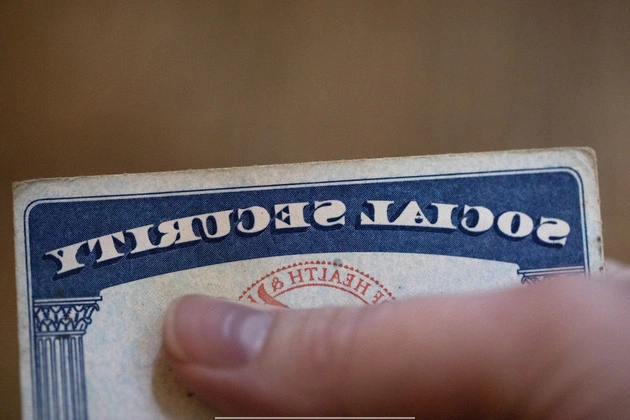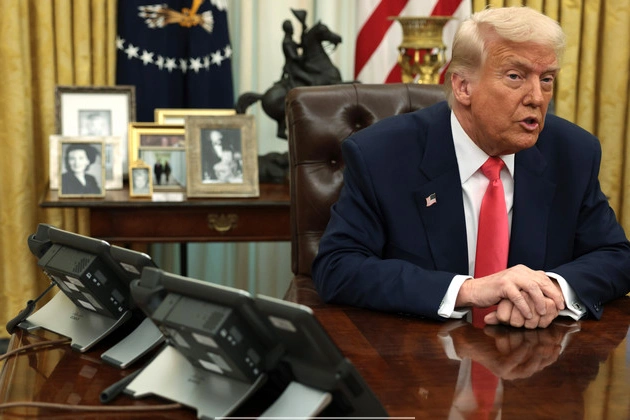
Dem AGs Challenge Trump's Unlawful Federal Aid Freeze
Democratic attorneys general are gearing up to challenge President Donald Trump’s controversial freeze on federal aid, labeling it as a blatant violation of the constitution and established laws.
Legal Battle Against Federal Aid Freeze
The attorneys general, led by Rhode Island Attorney General Peter Neronha, strongly criticized Trump’s decision to halt a significant portion of federal spending programs. Neronha emphasized, ‘It is astonishing that President Trump, through an agency most Americans have never heard of, would take an action so clearly unlawful that would impact so many Americans in so many ways.’
The coalition of attorneys general, including representatives from New York, New Jersey, and Massachusetts, is poised to file a lawsuit imminently, joining existing efforts to block the freeze on federal aid programs.
Legal Justification and Opposition
The legal challenge stems from an internal memo circulated by the acting head of Trump’s Office of Management and Budget, mandating a cessation of all federal aid spending except for essential programs like Medicare and Social Security. This freeze, scheduled to commence at 5 p.m. Eastern time, raises concerns about potential violations of federal laws that mandate the proper allocation of funds approved by Congress.
While the Trump administration has defended the order as a ‘responsible measure,’ critics argue that it undermines Congress’s authority in determining federal spending priorities. The attorneys general are resolute in their stance, expressing confidence that the Supreme Court would support their position if the legal battle escalates to that level.
Impact on Communities and Organizations
Nonprofit organizations and public health advocates, such as the National Council of Nonprofits and the American Public Health Association, have voiced concerns about the detrimental effects of the aid freeze. They highlight the potential disruptions to vital community programs, food and safety assistance, and critical research initiatives.
Leaders of these organizations, in sworn affidavits attached to the lawsuit, warn of the dire consequences that a funding halt could precipitate. They stress that operational cutbacks or closures would jeopardize essential services for vulnerable populations and endanger job security.
Looking Ahead
As the legal battle unfolds, the attorneys general and advocacy groups remain steadfast in their commitment to upholding the rule of law and ensuring that federal aid is distributed in accordance with established statutes. The outcome of this dispute could have far-reaching implications for federal spending practices and the balance of power between the executive and legislative branches.















